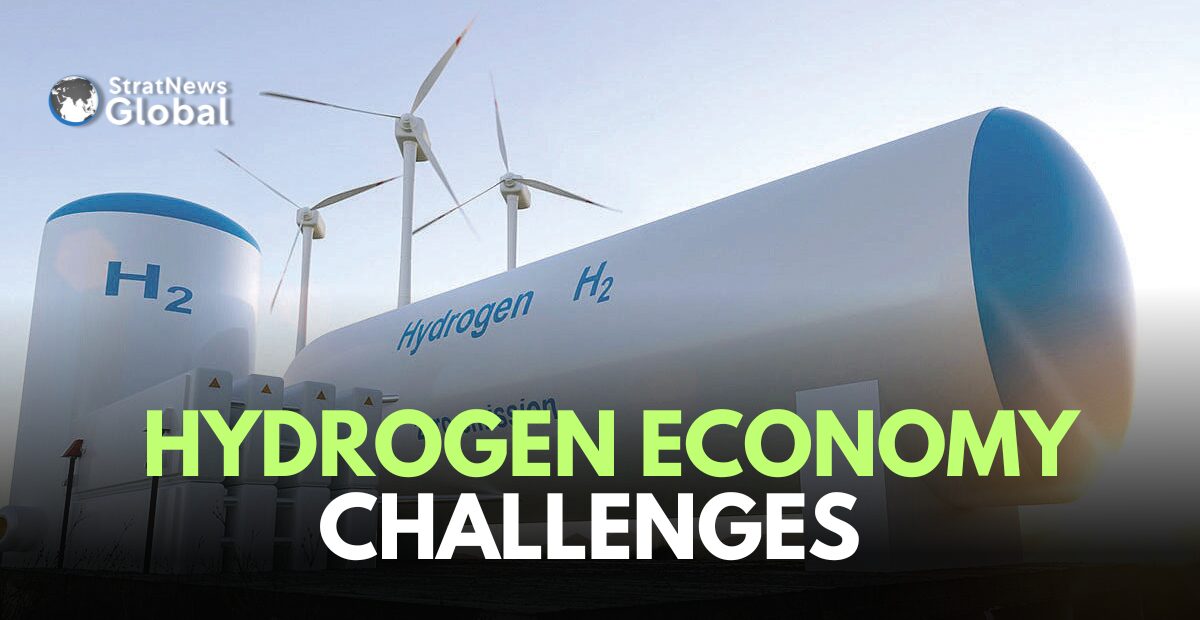India's Green Hydrogen Push: Investments, Challenges, and Future Prospects
Key Ideas
- India has committed $25 million to develop hydrogen hubs for green shipping and Adani Total Gas is blending green hydrogen with cooking gas, signaling a shift towards renewable energy sources.
- State-owned Oil India Ltd awarded a contract for a 1MW green hydrogen project in Himachal Pradesh, aligning with India's ambition to become a global green hydrogen hub.
- Challenges such as high production costs, lack of infrastructure, and technological complexities exist, but studies suggest a significant cost reduction by 2030, making green hydrogen a feasible long-term alternative.
- To achieve the climate goals by 2070, India must address the challenges in green hydrogen production, including reducing costs, standardizing technologies, and establishing global trade standards.
India has taken significant steps towards promoting green hydrogen as part of its green energy initiatives. The country has pledged $25 million for developing hydrogen hubs to support green shipping, while Adani Total Gas has already started blending green hydrogen with cooking gas in Ahmedabad. Additionally, Oil India Ltd has initiated a 1MW green hydrogen project in Himachal Pradesh. These endeavors aim to establish India as a global hub for green hydrogen, attracting substantial investments and job creation opportunities.
Green hydrogen, produced from renewable energy sources like wind and solar, offers a cleaner alternative to conventionally produced hydrogen, aligning with India's goal to transition to sustainable energy solutions. However, challenges such as high production costs, infrastructure requirements, and technological complexities exist. The feasibility of green hydrogen, especially in sectors like aviation, steelmaking, and fertilizers, is being evaluated.
Experts highlight the need for addressing key challenges like reducing production costs, developing standardized technologies, and establishing global trade standards for green hydrogen. While the current costs of green hydrogen production are high, studies indicate a potential 50% cost reduction by 2030. To achieve this, improvements in electrolyzer technologies and mature supply chains are essential.
Although hurdles exist, India's commitment to green hydrogen signifies a positive step towards achieving its climate goals. By overcoming challenges and driving technological advancements with political will, India can pave the way for a sustainable and cost-effective green hydrogen future.
Topics
Green Hydrogen
Renewable Energy
Infrastructure
Climate Goals
Economic Impact
Investments
Technological Challenges
Latest News
